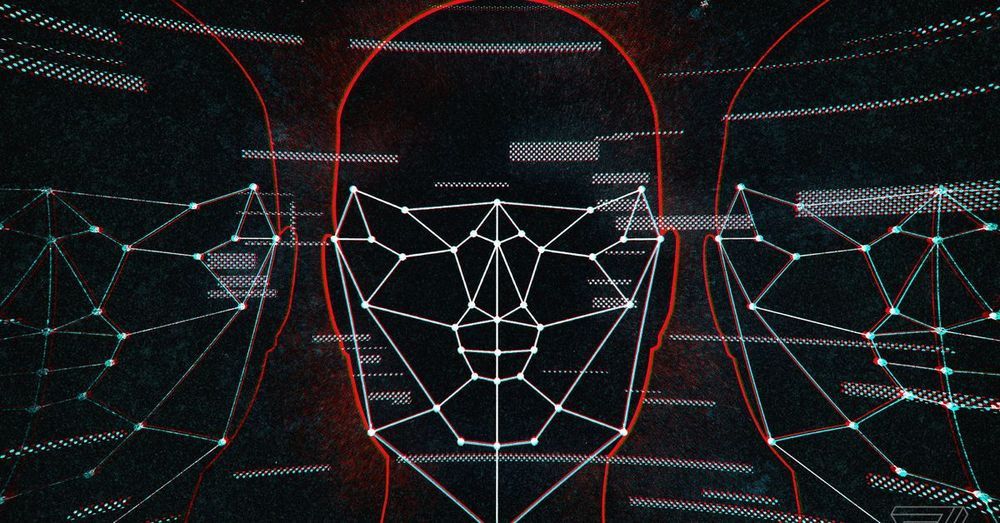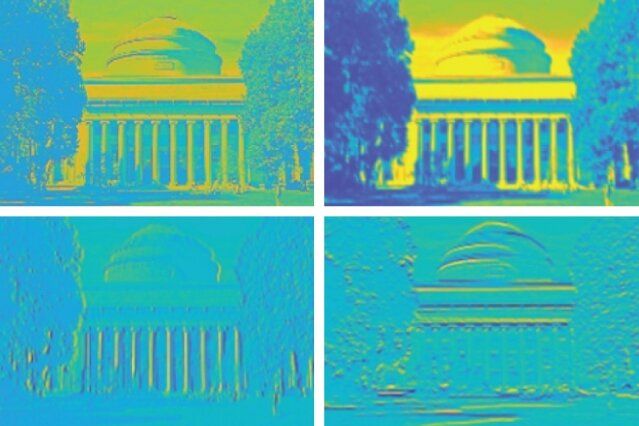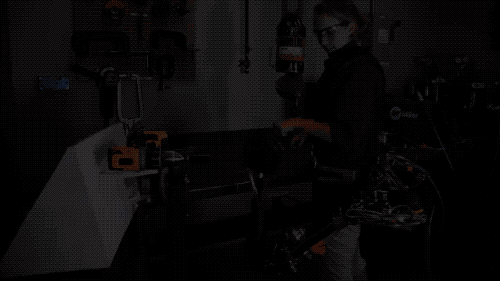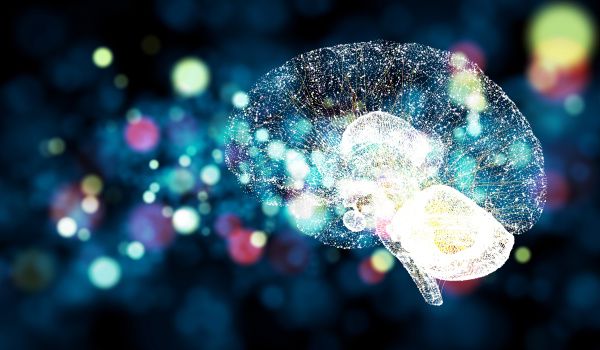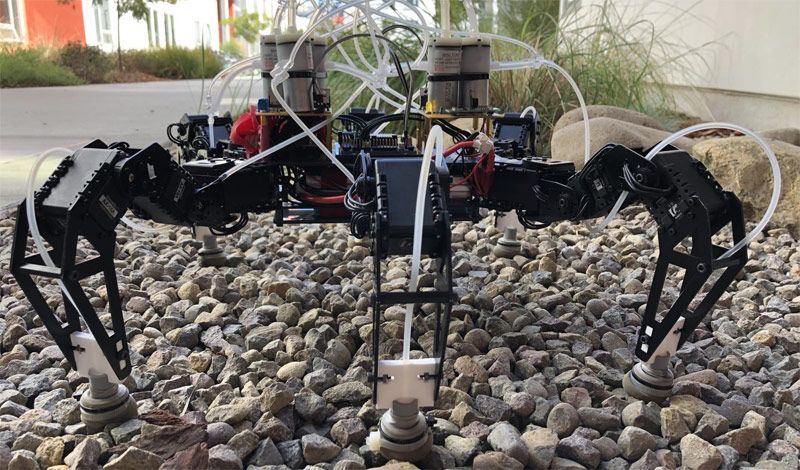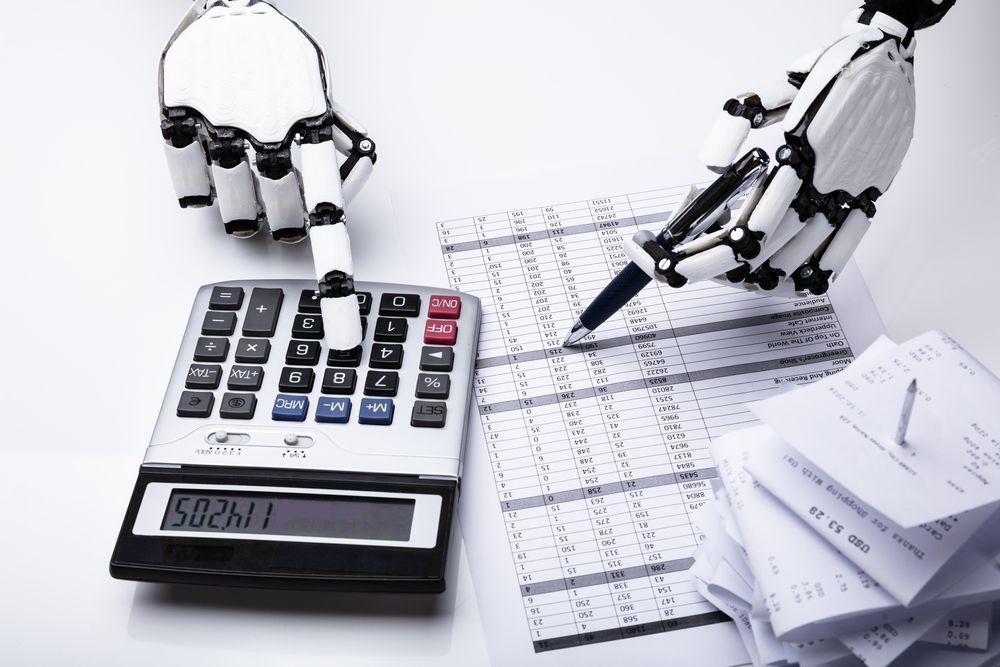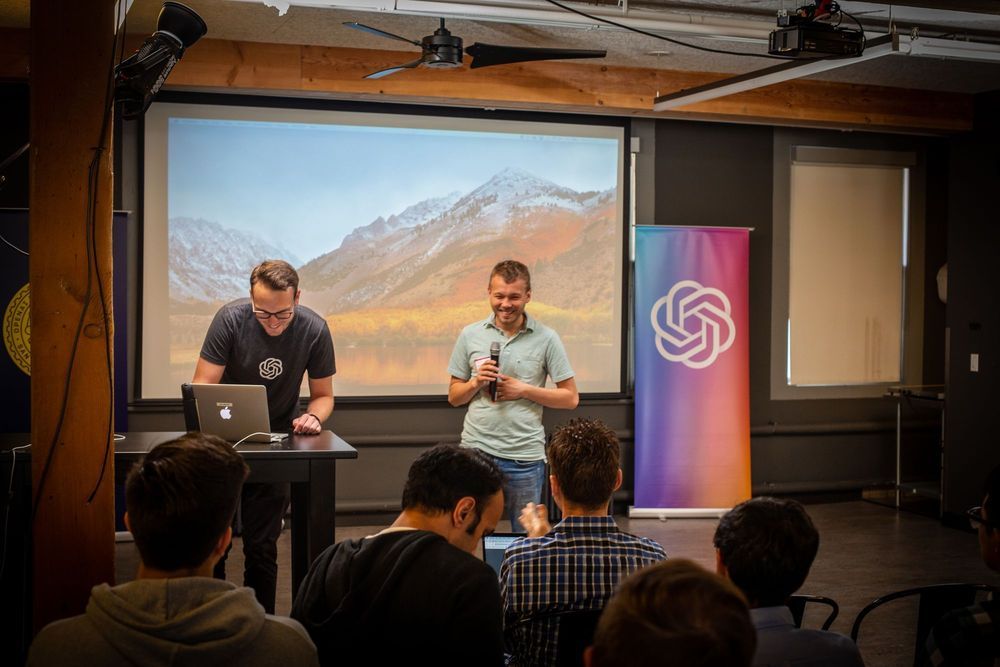IBM will no longer offer general purpose facial recognition or analysis software, IBM CEO Arvind Krishna said in a letter to Congress today. The company will also no longer develop or research the technology, IBM tells The Verge. Krishna addressed the letter to Sens. Cory Booker (D-NJ) and Kamala Harris (D-CA) and Reps. Karen Bass (D-CA), Hakeem Jeffries (D-NY), and Jerrold Nadler (D-NY).
“IBM firmly opposes and will not condone uses of any [facial recognition] technology, including facial recognition technology offered by other vendors, for mass surveillance, racial profiling, violations of basic human rights and freedoms, or any purpose which is not consistent with our values and Principles of Trust and Transparency,” Krishna said in the letter. “We believe now is the time to begin a national dialogue on whether and how facial recognition technology should be employed by domestic law enforcement agencies.”
